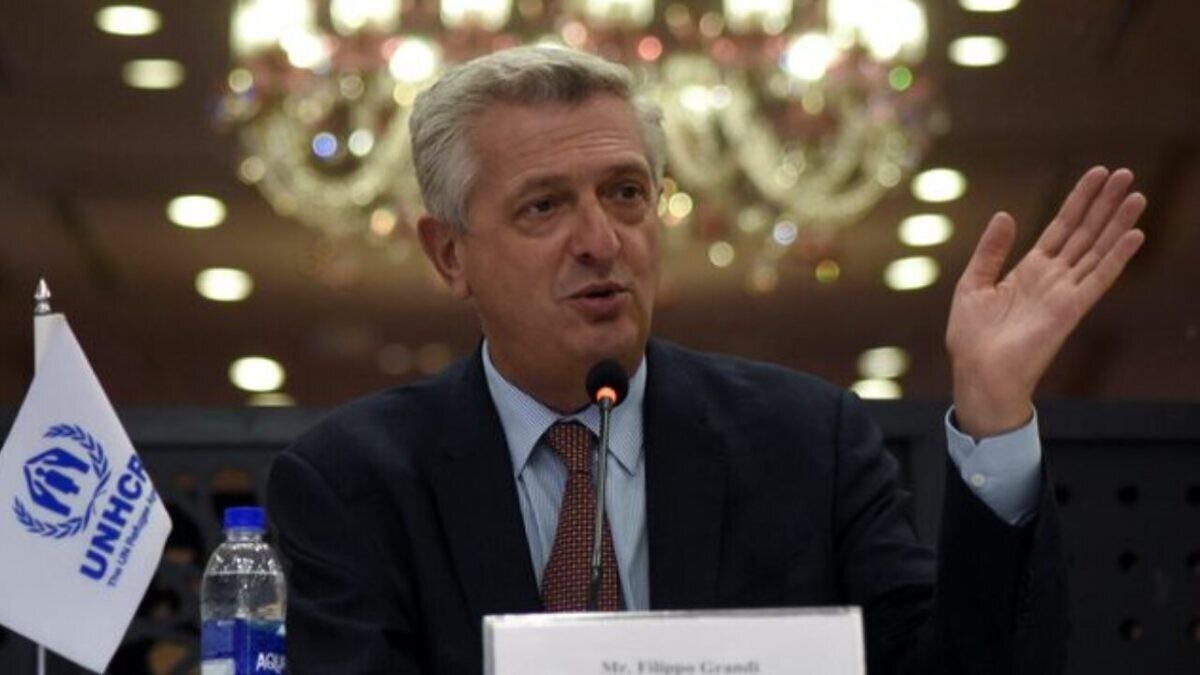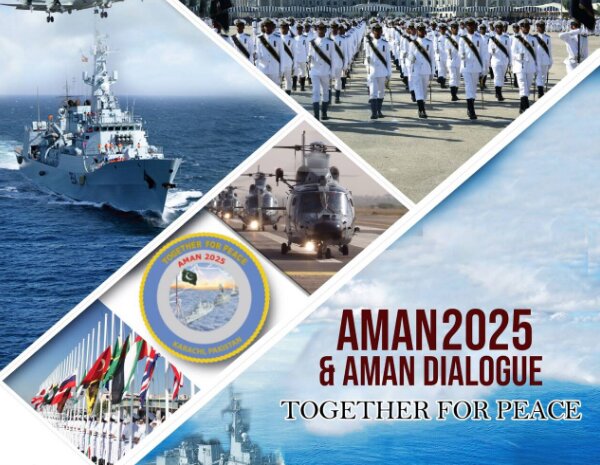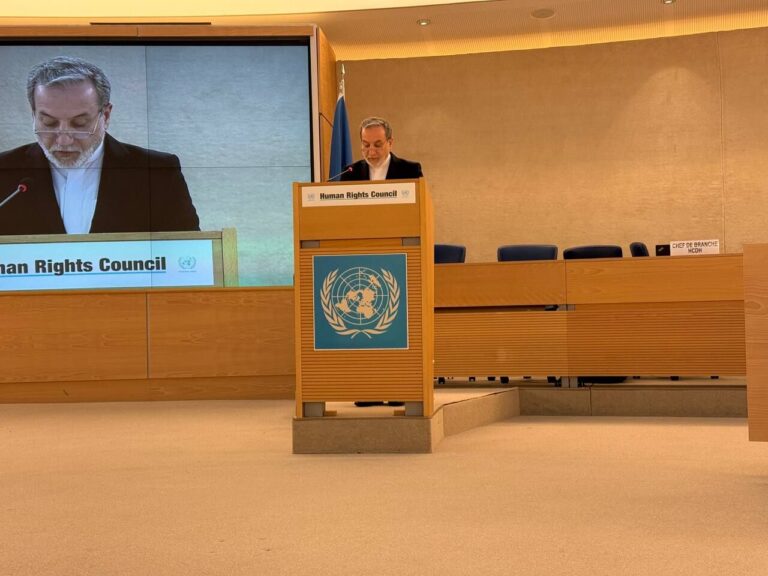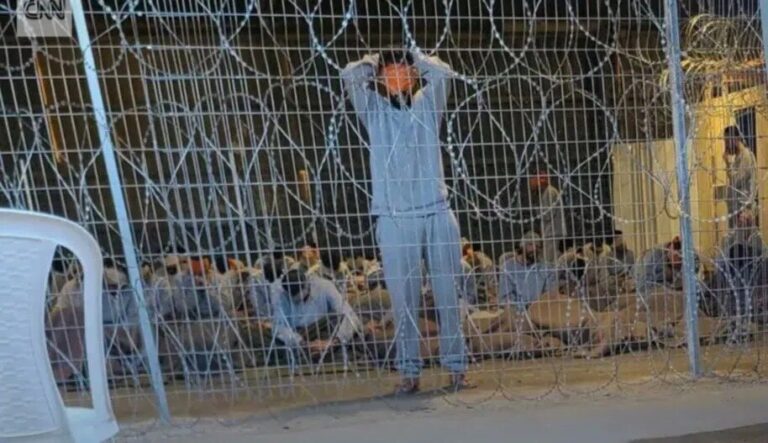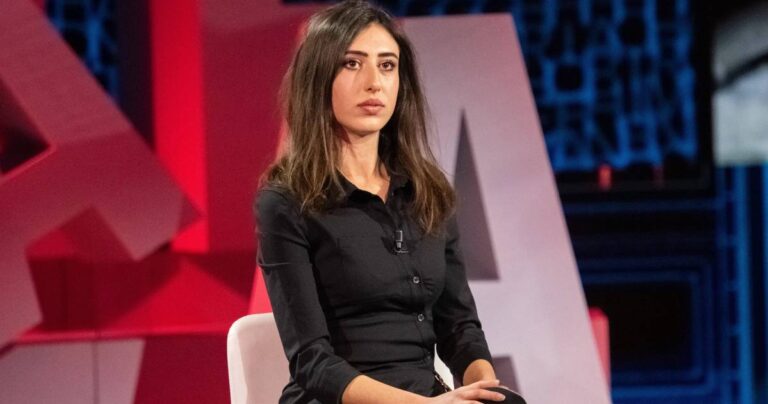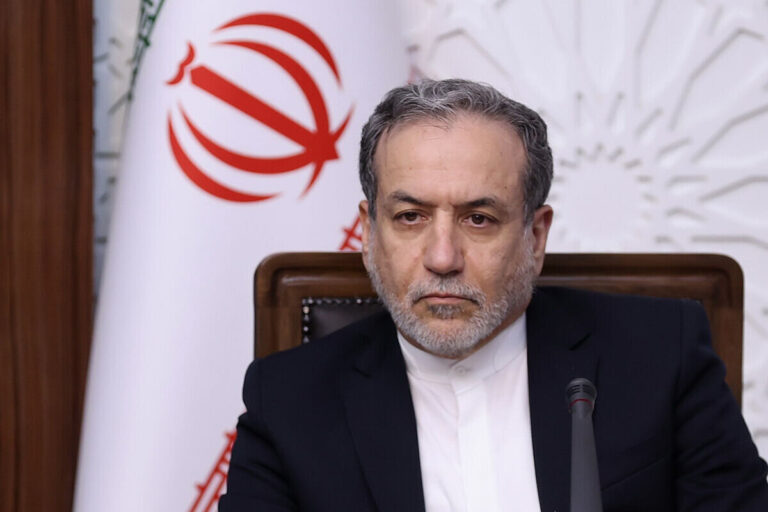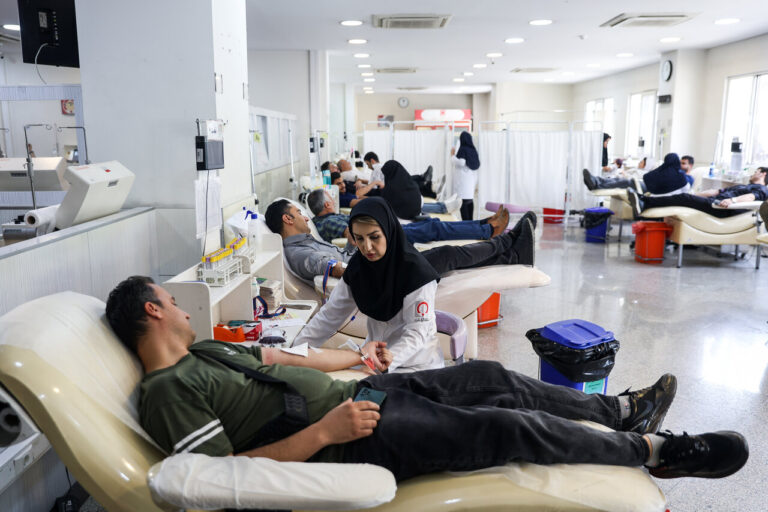UNHCR Commissioner Praises Iran’s Exceptional Support for Refugees
In a recent development, Filippo Grandi, the United Nations High Commissioner for Refugees (UNHCR), has commended Iran’s significant contributions to supporting refugees through various essential services. These efforts encompass critical areas such as health, education, and employment, showcasing Iran’s resilience despite facing sanctions and economic challenges. This article explores the highlights of Grandi’s remarks and the ongoing efforts to protect the welfare of refugees.
During a meeting with Iran’s Health Minister, Mohammad-Reza Zafarqandi, on the sidelines of the 78th World Health Assembly (WHA), Grandi voiced his appreciation for the valuable services provided by Iran. He emphasized how commendable these efforts are given the current economic difficulties the nation faces. The discussion underscored the pressing need for international cooperation in addressing the health needs of refugees.
Key Points from the Meeting:
- Recognition of Iran’s Efforts: Grandi highlighted that the services offered to refugees in Iran are not only valuable but also commendable, especially in light of the sanctions.
- International Responsibility: Zafarqandi stressed that the protection of refugee health is a shared international responsibility, not just the duty of host countries like Iran.
- Call for Global Support: Zafarqandi advocated for the development of effective financial and operational strategies to assist countries hosting refugees, particularly Iran.
The 78th World Health Assembly is taking place from May 19 to June 27 in Geneva, Switzerland, under the theme “One World for Health.” This gathering of high-level country representatives is crucial as they address contemporary health challenges and emerging threats in the global landscape. The importance of this assembly is magnified as member states confront significant shifts in health and international development paradigms.
The theme for this year’s assembly emphasizes the World Health Organization’s (WHO) commitment to solidarity and equity. It serves as a reminder that even in challenging times, every individual, regardless of their circumstances, deserves an equal opportunity to lead a healthy life. This focus on equity is particularly relevant in the context of global health, as disparities continue to widen, especially for vulnerable populations such as refugees.
As the discussions unfold at the WHA, several crucial topics are expected to be addressed, including:
- Emerging Health Threats: Identifying and tackling new health risks that may impact global populations.
- Strengthening Health Systems: Enhancing the resilience and capacity of health systems worldwide to better respond to crises.
- Equitable Access to Healthcare: Ensuring that all individuals, particularly refugees, have access to essential health services.
- Collaboration Among Nations: Fostering international partnerships to share resources and knowledge in health care.
Grandi’s acknowledgment of Iran’s role in supporting refugees is a significant reminder of the collective responsibility that nations share in addressing global health challenges. As countries grapple with economic constraints and political pressures, the need for solidarity and innovative solutions becomes increasingly urgent.
In conclusion, the ongoing dialogue at the 78th World Health Assembly reflects the vital importance of unity in addressing health disparities, particularly for the refugee population. With leaders like Filippo Grandi advocating for robust support systems and collaborative efforts, there is hope for a more equitable approach to health care that transcends borders. The world must come together to ensure that everyone, including the most vulnerable, has the opportunity to thrive in a healthy environment.
As we move forward, it’s essential to keep the conversation alive about the health and well-being of refugees and to reinforce the idea that health is a fundamental human right that should be accessible to all.
MT/MG
